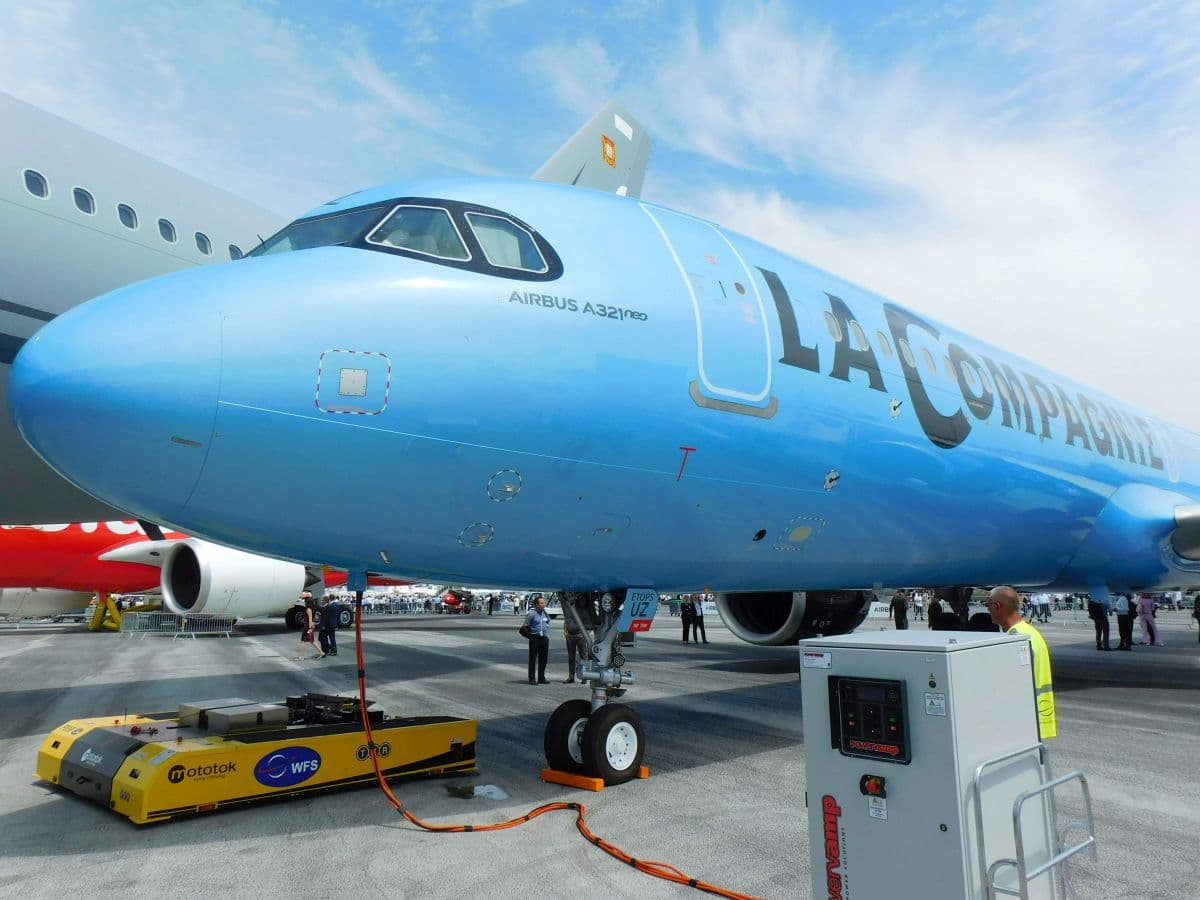
Interline agreements might sound like airline jargon, but they play a crucial role in making your travel experience smoother. Ever wondered how you can book a single ticket that includes flights from different airlines? That's because of interline agreements. These agreements allow airlines to work together, sharing responsibilities like baggage handling and ticketing. Imagine flying from New York to Tokyo with a layover in Los Angeles, using two different airlines but only needing one ticket. That's the magic of interline agreements! They simplify travel, making it more convenient and efficient for passengers. Ready to learn more? Let's dive into 20 fascinating facts about interline agreements!
Key Takeaways:
- Interline agreements make air travel easier by allowing airlines to work together, so passengers can book flights, check baggage, and transfer between airlines more smoothly.
- While interline agreements offer benefits like single check-in and reduced layover times, they also come with challenges such as complex coordination and potential higher costs for passengers.
What Are Interline Agreements?
Interline agreements are partnerships between airlines that allow them to cooperate on various aspects of air travel. These agreements make it easier for passengers to book flights, check baggage, and transfer between airlines. Here are some interesting facts about interline agreements.
-
First Interline Agreement: The first interline agreement was signed in 1947 between American Airlines and British Overseas Airways Corporation (now British Airways).
-
Simplified Travel: These agreements simplify travel by allowing passengers to book a single ticket for flights on multiple airlines.
-
Baggage Handling: Interline agreements ensure that baggage is transferred seamlessly between airlines, reducing the hassle for passengers.
-
Global Reach: They enable airlines to offer flights to destinations they don't serve directly by partnering with other carriers.
-
Revenue Sharing: Airlines involved in interline agreements share revenue from ticket sales, making it a mutually beneficial arrangement.
Types of Interline Agreements
There are different types of interline agreements, each serving a unique purpose. Understanding these types can help you see how airlines collaborate.
-
Standard Interline: This is the most common type, allowing airlines to issue tickets for each other's flights.
-
Special Prorate Agreements (SPA): These agreements involve special pricing arrangements between airlines for specific routes.
-
Code-Sharing: While not exactly the same, code-sharing agreements often work alongside interline agreements to offer more seamless travel options.
-
Bilateral vs. Multilateral: Interline agreements can be bilateral (between two airlines) or multilateral (involving multiple airlines).
Benefits for Passengers
Interline agreements offer numerous benefits for passengers, making air travel more convenient and efficient.
-
Single Check-In: Passengers can check in once for all flights in their itinerary, even if they involve multiple airlines.
-
Reduced Layover Times: These agreements often result in shorter layover times, as airlines coordinate schedules to minimize waiting periods.
-
Better Customer Service: Airlines in interline agreements usually provide better customer service, as they have established protocols for handling issues.
-
Frequent Flyer Miles: Passengers can often earn and redeem frequent flyer miles across airlines involved in interline agreements.
Challenges and Limitations
While interline agreements offer many benefits, they also come with challenges and limitations.
-
Complex Coordination: Coordinating schedules, baggage handling, and ticketing between multiple airlines can be complex.
-
Limited Availability: Not all airlines have interline agreements, which can limit travel options for passengers.
-
Higher Costs: Sometimes, tickets involving multiple airlines can be more expensive due to the complexities involved.
-
Service Discrepancies: Differences in service quality between airlines can affect the overall travel experience.
Future of Interline Agreements
The future of interline agreements looks promising, with advancements in technology and increasing airline partnerships.
-
Digital Transformation: Technology is making it easier for airlines to manage interline agreements, improving efficiency and customer experience.
-
Sustainability Efforts: Airlines are increasingly focusing on sustainability, and interline agreements can help optimize routes to reduce carbon footprints.
-
Expanding Networks: As airlines continue to expand their networks, interline agreements will play a crucial role in offering more travel options to passengers.
The Final Word on Interline Agreements
Interline agreements are crucial for smooth air travel. They let airlines work together, making it easier for passengers to book flights with multiple carriers. These agreements cover ticketing, baggage handling, and even customer service, ensuring a seamless experience. Without them, travelers would face more hassles, like rechecking bags or buying separate tickets for each leg of a journey.
Airlines benefit too. They can expand their network without adding new routes, saving money and resources. This cooperation also helps them compete better in the crowded aviation market.
Understanding these agreements can help you appreciate the complexities behind your travel experience. Next time you fly, remember the unseen partnerships that make your trip smoother. Whether you're a frequent flyer or an occasional traveler, knowing about interline agreements can make your journeys less stressful and more enjoyable.
Frequently Asked Questions
Was this page helpful?
Our commitment to delivering trustworthy and engaging content is at the heart of what we do. Each fact on our site is contributed by real users like you, bringing a wealth of diverse insights and information. To ensure the highest standards of accuracy and reliability, our dedicated editors meticulously review each submission. This process guarantees that the facts we share are not only fascinating but also credible. Trust in our commitment to quality and authenticity as you explore and learn with us.


